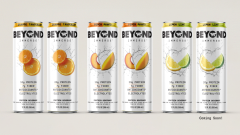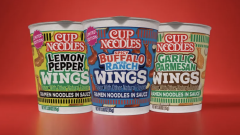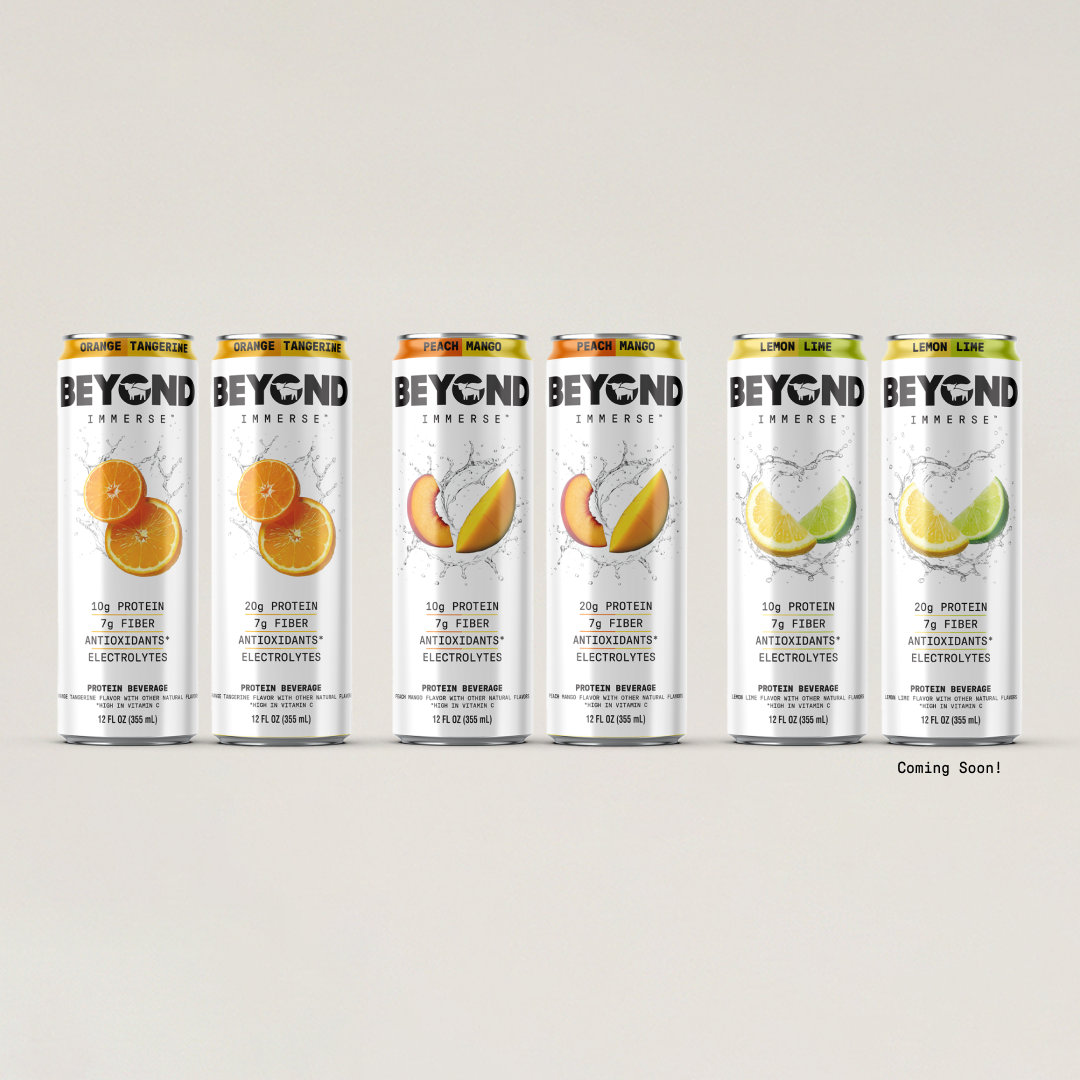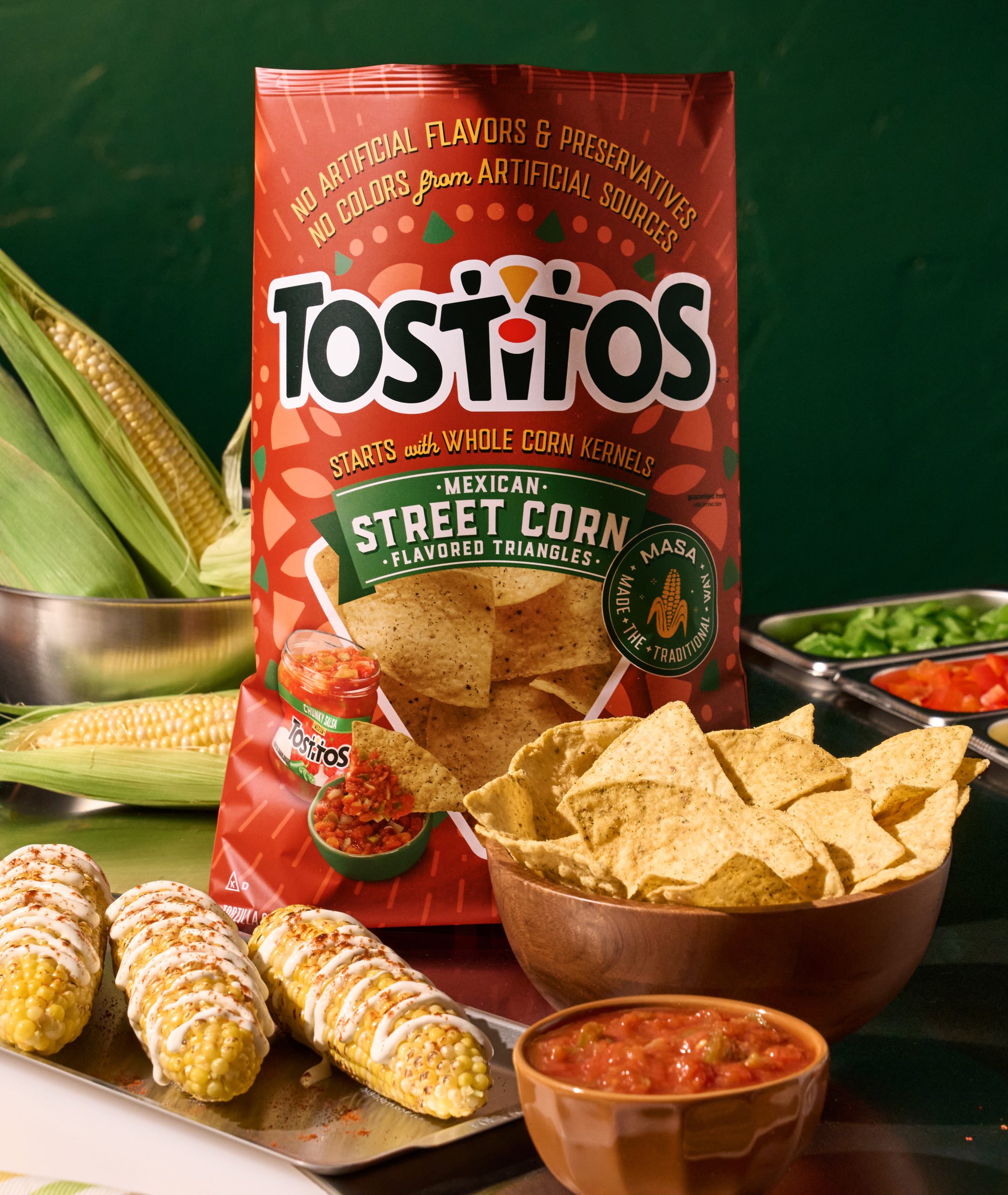Price War Wages on: Why Milk Is Cheaper Than Bottled Water in the UK
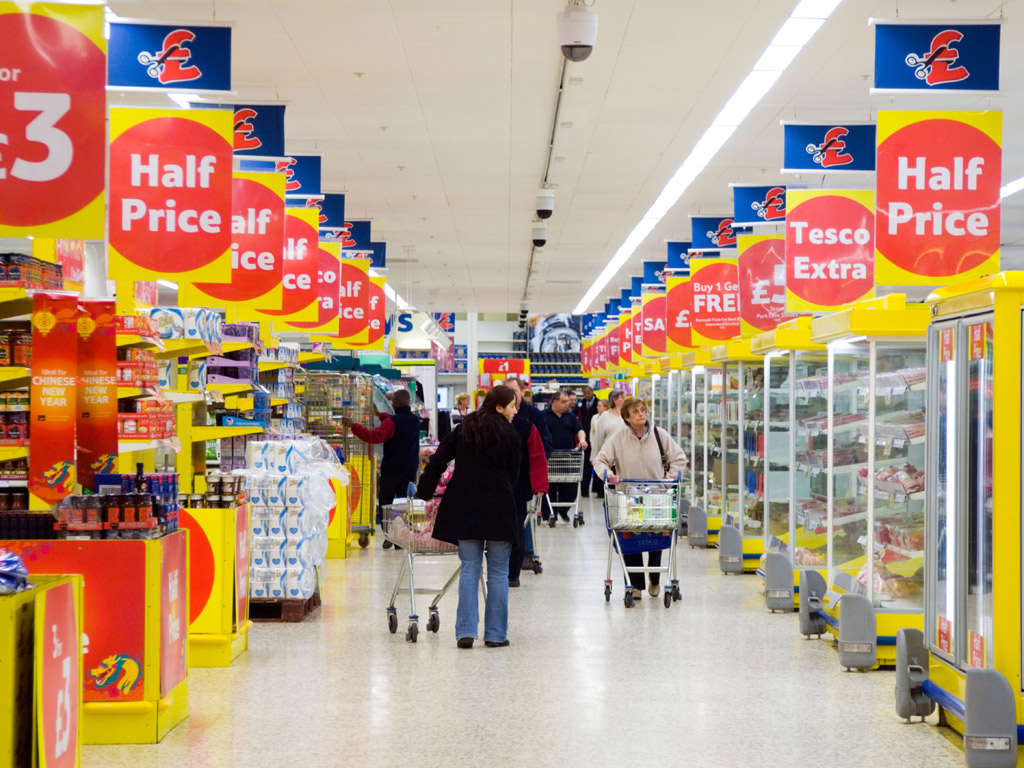
British supermarkets have not been living up to their superlative.
The “Big Four” supermarket chains in the UK (Tesco, Walmart’s ASDA, Sainsbury’s, and Morrisons) are your standard, labyrinthian grocery stores that have faced some competition from the German discount chains Aldi and Lidl over the past couple of decades. Aldi and Lidl offer a no-frills shopping experience where many products are own-brand, similar to Costco and its Kirkland brand, which is enticing customers away from the native chains.
The Big Four have been desperately combating the increasing market share of Aldi and Lidl as post-recession consumers eschew store loyalty for lower prices.
Data from Kantar Worldpanel
While it seems like Aldi and Lidl are barely in the running, their steady growth has contributed to declining sales at the Big Four, which tend to respond to quarterly setbacks with competitive pricing. Throughout 2014, however, the ebb and flow of price wars between the companies escalated from reliable streams of competition to a raging storm in uncharted waters of murky legality.
For most of 2014, milk was cheaper than bottled water in the UK, dipping to 43 pence sterling (65 cents USD) per liter over the holiday season, according to price collation from Brand View. While the published data has been largely reported with an asterisk due to its sole coverage of multi-packs of own-brand milk, it’s these promotional brands’ prices that are trying to draw customers away from Aldi and Lidl.
Why cry over insanely cheap, spilled milk? Because the Big Four collectively committed hundreds of millions of pounds sterling to price cutting thousands of products in 2014 and there’s no end in sight for the spending spree.
Supermarket price wars tend to fall into the realm of competitive pricing, but this long-term battle in the UK is crossing into predatory pricing, malicious price-cutting with the intent of destroying a business. The Competition and Markets Authority (CMA) in the UK is meant to protect consumers from predatory pricing, but, similarly to Federal Trade Commission policies in the US, this offense is extremely difficult to prove and enforce.
The Big Four collectively committed hundreds of millions of pounds sterling to price cutting thousands of products in 2014.
The Big Four, or one company in particular, would have to successfully annihilate another company’s market share in order for the CMA to step in. All the current price wars are accomplishing is increased hybrid consumerism, resulting in lower overall sales for the Big Four.
Basically, they’re destroying themselves.
Privately owned companies Aldi and Lidl don’t have to answer to investors which allows them to focus on bringing discounts to customers (and occasionally infuriating unions). Their business models lend themselves kindly to this type of deal-oriented consumer spending, so their profits have increased even though they haven’t engaged in this price warfare.
Waitrose, a high-end UK grocer that lies somewhere between a Gelson’s and a Whole Foods, and independent convenience stores alike, have also been gobbling up market share due to the shopping cart diversity consumers are seeking.
Tesco seems to be the first of the Big Four realizing the days of unwavering customer allegiance and one-stop shopping are long gone. As Britain’s leading grocer, Tesco has felt the waves of this paradigm shift the harshest, especially on top of their failed Fresh and Easy venture in the US and a 263 million pounds sterling (nearly $400 million USD) accounting scandal that would make Mel Brooks’ head spin. A slew of different cost-cutting methods, including closing unprofitable stores and moving to less expensive headquarters, were announced at the start of the year in an attempt to instill faith in investors and the public.
The days of unwavering customer allegiance and one-stop shopping are long gone.
Of course, their accounting scandal isn’t disappearing as fast as their profit margins, and with good reason. Profits were overstated in an official report directly reflecting Tesco taking fee payments from suppliers earlier and paying them later than they should have.
Because, you know, who needs happy, stable suppliers?
Begbies Traynor, a firm specializing in corporate restructuring, revealed in a recent report that all of the Big Four have been manhandling suppliers and extending payment terms. The firm also found a 92 percent increase in British food and beverage manufacturers in “significant distress” in the past year and that more than 100 of these suppliers will likely go under by the end of 2015.
“Worryingly, with 3.6 million people employed in the UK food supply chain, the economic and political risks associated with the current price war are now reaching boiling point ahead of May’s election.” -Julie Palmer, partner at Begbies Traynor
With most of Aldi’s and Lidl’s inventory consisting of imported goods, their success was not shared with British suppliers nor has the recently appointed grocery code adjudicator, Christine Tacon, proven to be useful during the price war. The Department for Environment, Food and Rural Affairs (Defra), which Tacon reports to, simply points fingers at the CMA.
For our US readers, you’re probably feeling pretty lucky to be an American right now, right? Well, here’s a direct quote from the FTC’s official government website:
Relax. Even with Lidl expanding to the US, this black hole of predatory pricing is unlikely to cross the pond with it. The sheer size of the US and the density of the grocery market have already done a decent job of keeping Walmart at bay. And with smaller chains like Publix maintaining strongholds on certain regions, more diversity will certainly be welcomed.
Sorry, Brits. Your government is still a never-ending roll of red tape.
Main picthx The Independent


